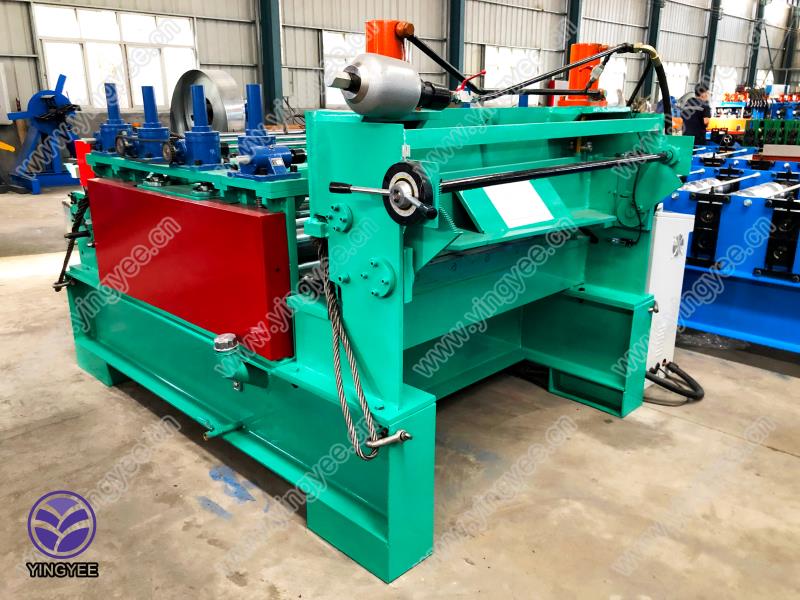
The Advantages of Automatic Steel Frame Roll Forming Machines for Stud and Track Systems
In the construction industry, efficiency and precision are paramount. As builders and contractors seek to optimize their processes, automatic steel frame machines have become an essential asset. These machines, specifically designed for manufacturing stud and track systems, are transforming the way drywall and partition walls are constructed. Understanding the features and advantages of these roll forming machines can significantly benefit builders looking to enhance their operations.
What is an Automatic Steel Frame Roll Forming Machine?
An automatic steel frame roll forming machine is a specialized piece of equipment used to produce steel studs, tracks, C-channels, and other components essential in constructing lightweight steel frame structures. These machines operate via a continuous process where steel coils are fed into the machine, which then shapes and cuts the steel into the desired profiles using a series of rollers and dies. The automation aspect of these machines allows for seamless production, reducing labor costs and minimizing human error.
Key Features
1. High Efficiency One of the most significant advantages of automatic roll forming machines is their ability to produce large quantities of steel components at a rapid pace. They can operate continuously, which means that production can run 24/7 if necessary. This increased efficiency translates to faster project completion times for builders.
2. Precision Engineering Accuracy is critical in construction. Automatic roll forming machines are designed with high precision, ensuring that every cut and bend of the steel is within tight tolerances. This level of precision helps avoid costly mistakes and reworks on the job site, leading to overall savings on materials and labor.
3. Versatility These machines are not limited to producing just one type of profile. Many modern roll forming machines can be easily adjusted to create multiple designs, including different sizes and shapes of studs and tracks. This versatility makes them suitable for various applications, from residential to commercial construction projects.

4. User-Friendly Operation With advancements in technology, many automatic roll forming machines now come equipped with touchscreen interfaces and programmable settings. This user-friendly design allows operators to easily adjust production parameters, reducing the learning curve and enabling even novice users to operate complex machinery effectively.
5. Durability and Reliability Constructed from high-quality materials, automatic steel frame machines are built to withstand the rigors of continuous use. They are designed for long-term operation with minimal maintenance, providing a reliable solution for steel component production.
Economic Benefits
Investing in an automatic steel frame roll forming machine is not just about enhancing productivity; it is also a financially sound decision. By streamlining production processes, builders can significantly lower their labor costs and increase their output. Moreover, the reduced material waste due to precise manufacturing is an added economic benefit. In a competitive market, these savings can make a significant difference in profitability.
Environmentally Friendly Solution
In today’s environmentally conscious world, the construction industry faces increasing pressure to adopt sustainable practices. Automatic steel frame roll forming machines contribute to this goal by minimizing waste and promoting the use of recyclable materials. Steel is one of the most recycled materials globally, and using a roll forming machine enables builders to make efficient use of this resource.
Conclusion
The integration of automatic steel frame roll forming machines into construction practices presents numerous advantages that go beyond mere efficiency. They offer precision, versatility, and reliability while also yielding significant economic benefits. As the construction industry continues to evolve, builders who adopt these innovative technologies will find themselves better positioned to meet the demands of an increasingly competitive market. Investing in such machines is not only a step toward modernization but also an essential component of sustainable construction practices. As automatic steel frame roll forming machines become more prevalent, they are set to redefine construction methodologies and elevate project execution standards for years to come.